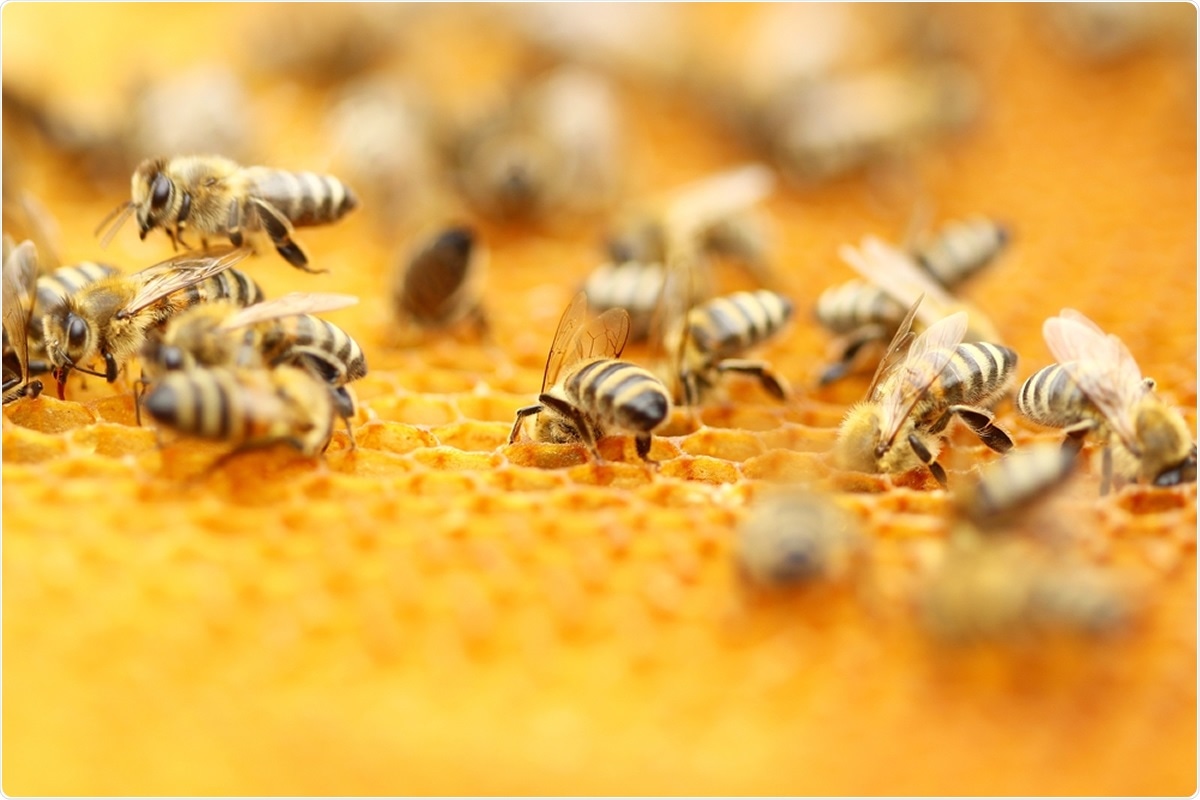Honeybee Venom Could Be a Breakthrough in Breast Cancer Treatment
Honeybee venom has emerged as a potential game-changer in cancer research after Australian scientists discovered its ability to destroy 100% of aggressive breast cancer cells in under an hour. The venom contains a compound called melittin, which works by creating tiny openings in the cancer cell membranes, causing rapid cell death.
The study highlights the venom’s unique property: while it effectively targets cancer cells, it appears harmless to healthy cells, making it a promising candidate for future therapies. Researchers believe that this discovery could lead to safer and more efficient cancer treatments in the coming years.
How Melittin Works Against Cancer
Melittin, the active component in honeybee venom, attacks cancer cells by disrupting their membranes. This mechanism is precise, allowing cancer cells to be destroyed while leaving surrounding healthy tissue intact. According to the researchers, this targeted approach could reduce the side effects typically associated with conventional cancer treatments like chemotherapy.

In laboratory experiments, breast cancer cells exposed to honeybee venom died within 60 minutes. This rapid action demonstrates the potency of melittin and its potential for use in clinical settings. Scientists are now investigating how the compound can be safely delivered to patients and whether it can be applied to other types of cancer.
Honeybee venom, Implications for Future Cancer Therapies
The findings suggest that honeybee venom could revolutionize cancer treatment, offering a natural and effective alternative to traditional therapies. By harnessing melittin’s cancer-targeting properties, medical researchers hope to develop drugs that minimize damage to healthy cells while maximizing the destruction of malignant ones.
Furthermore, the discovery encourages a broader look at natural compounds in medicine. Many natural substances, previously overlooked, may hold the key to breakthroughs in treating complex diseases like cancer. Honeybee venom serves as a reminder that nature often contains solutions to some of the most challenging medical problems. Also Read: Woman Lost 34 Kg Shares Her Proven Weight Loss Strategies
Next Steps in Research
While the laboratory results are promising, extensive clinical trials are necessary before honeybee venom can be approved for medical use. Researchers are focused on understanding the optimal dosage, delivery methods, and potential side effects in humans.
View this post on Instagram
In addition, studies are exploring whether honeybee venom can be combined with existing cancer treatments to enhance their effectiveness. If successful, this approach could improve survival rates and reduce the treatment burden for patients with aggressive cancers.
Conclusion:
Honeybee venom offers a promising avenue in cancer research, demonstrating rapid and targeted destruction of aggressive breast cancer cells. With continued study, melittin-based therapies could transform the way cancer is treated, providing a natural and effective option for patients worldwide.


